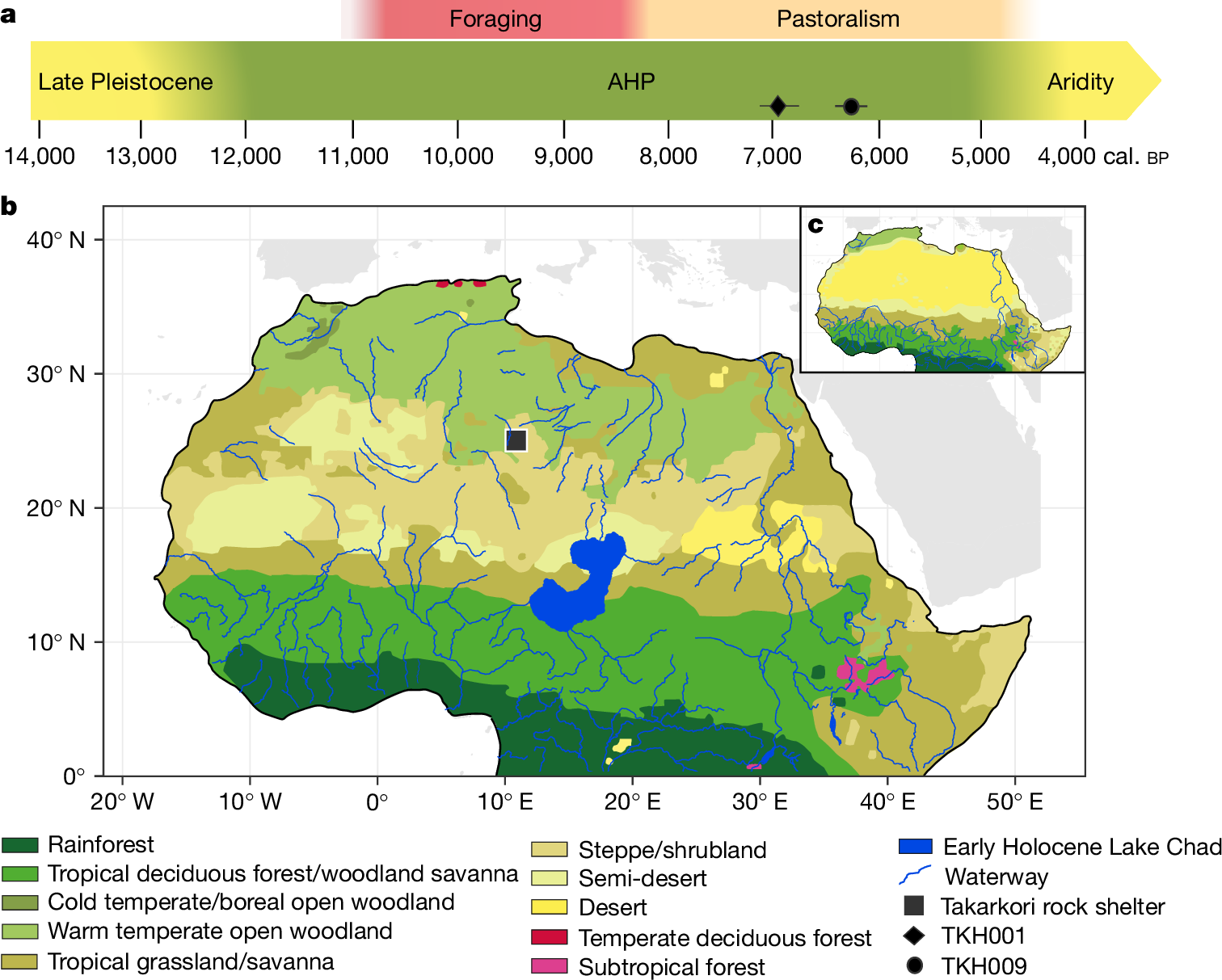2025-04-03 マックス・プランク研究所
<関連情報>
- https://www.mpg.de/24460941/mice-problem-solving
- https://nsojournals.onlinelibrary.wiley.com/doi/10.1111/oik.10787
制御された半自然条件下における野生のハツカネズミの問題解決能力に及ぼす行動タイプの影響 Effects of behavioural types on the problem-solving performance of wild house mice under controlled and semi-natural conditions
Alexandros Vezyrakis, Anja Guenther, Valeria Mazza
Oikos Published: 14 January 2025
DOI:https://doi.org/10.1111/oik.10787

Abstract
Animals often face challenges that require them to come up with solutions to novel problems or to find new solutions to existing ones; i.e. they need to innovate. However, not all individuals in a population are equally likely to solve novel problems, and it is unclear which individual characteristics make a successful innovator. Theoretical frameworks suggest the importance of intrinsic (e.g. individual characteristics) and extrinsic (e.g. study condition) factors on problem-solving performance. Such frameworks have been empirically tested in model, highly neophobic species, leaving the generality of these processes unclear. We examined whether behavioural traits such as exploration and risk-taking are linked to problem-solving behaviour, using two replicated populations (n = 121) of wild house mice Mus musculus domesticus living under semi-natural conditions. There, we presented a battery of four problem-solving setups that individuals could access voluntarily, and we tested the mice for risk-taking and exploration. Furthermore, after acclimatising to cages, we tested a subset (n = 50) of the same individuals in controlled conditions, to validate the cross-context stability of cognitive performance and potential influences of behaviours. We placed single individuals overnight in arenas containing another four novel problem-solving setups. Contrasting most existing literature, we found no direct effects of behavioural type on the likelihood to problem-solve in either condition. However, there was an indirect effect, with shyer individuals visiting the problems more, which improved their likelihood of solving them. Additionally, mice were more likely to solve alone, and individuals were not consistent across conditions. Our findings suggest that exploration and risk-taking do not affect the ability to problem-solve across different conditions, but impact the non-cognitive steps that lead to the final performance. Also, individuals did not perform consistently across conditions, questioning the ecological validity of measures taken under controlled, artificial conditions when they do not reflect the animals’ natural experience.


